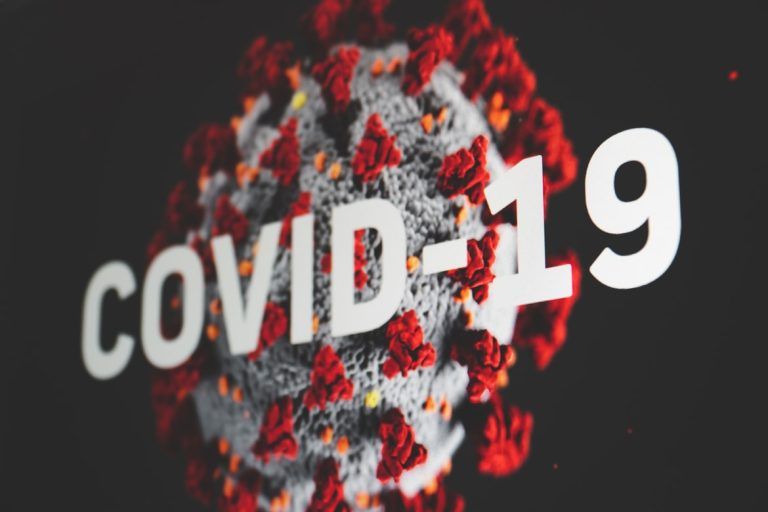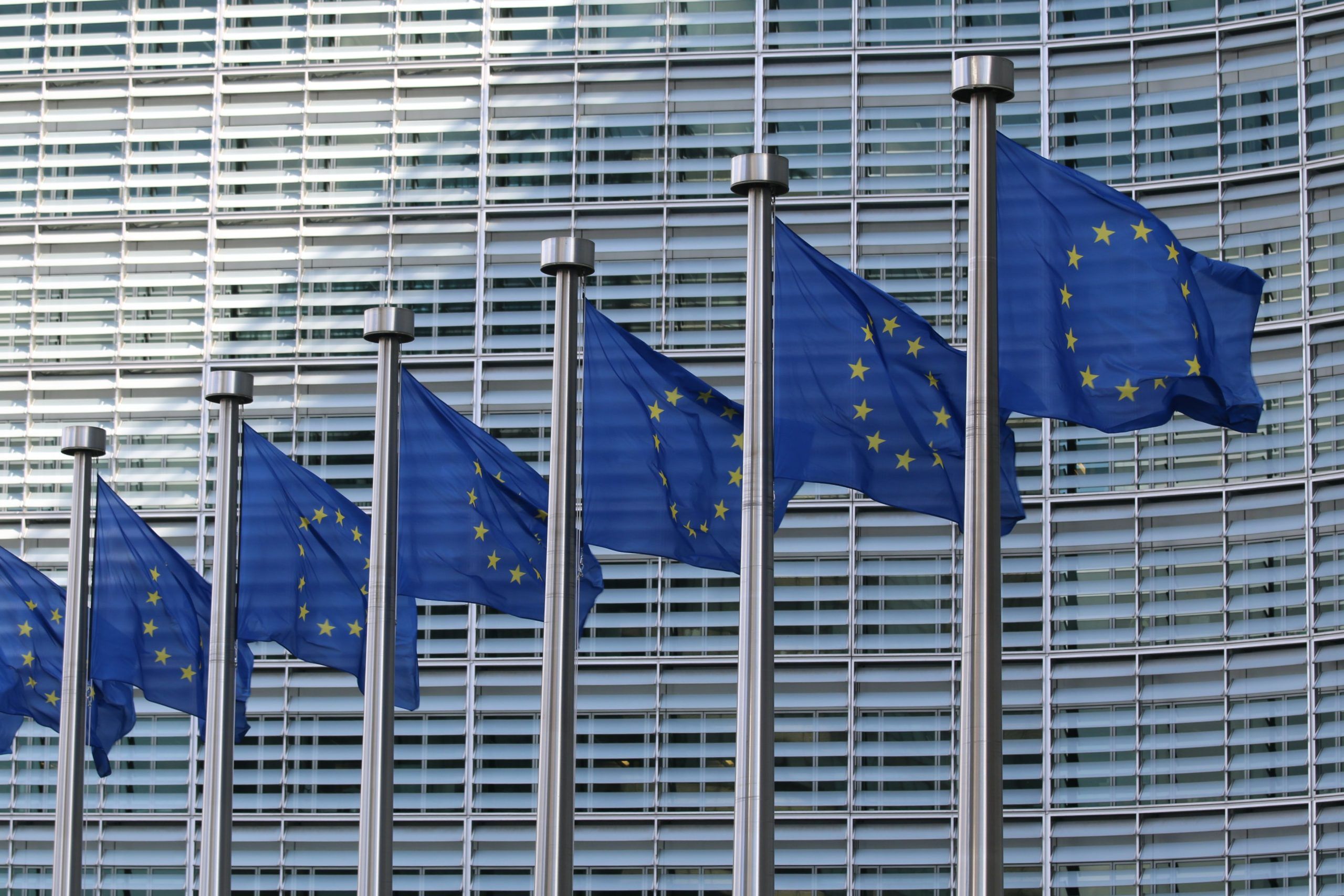The European Commission has adopted a revised Informal Guidance Notice that allows businesses to seek informal guidance on the application of EU competition rules to novel or unresolved questions. The revised Informal Guidance Notice provides for more flexible conditions and aims at increasing legal certainty, to the benefit of businesses seeking the guidance when assessing the legality of their actions under EU competition rules. Informal guidance will take the form of “guidance letters”.
The Commission has also decided to withdraw the Antitrust COVID Temporary Framework in light of the relative improvement of the sanitary crisis in Europe. The Antitrust COVID Temporary Framework, adopted in April 2020, allowed the Commission to assess business cooperation projects in response to situations of urgency stemming from the coronavirus outbreak.
Review of the Informal Guidance Notice
The 2004 Informal Guidance Notice specified the circumstances in which the Commission would consider issuing informal guidance to companies on the application of EU competition rules. The 2004 Notice provided for strict criteria, which limited the circumstances in which the Commission could provide informal guidance. The tool was never used for that reason.
In May 2022, the Commission invited all interested parties to provide feedback on the draft text of the revised Informal Guidance Notice, in close cooperation with the National Competition Authorities. In October 2022, the Commission published a summary report of the results of that consultation.
The revised text adopted today updates the criteria that allow the Commission to provide informal guidance to businesses in cases presenting novel or unresolved questions, including in situations of crisis or other emergencies. It will be instrumental for businesses involved in emerging ways of doing business, as well as for those facing a crisis or other emergencies.
In particular, the revised tool:
- increases the Commission’s flexibility to address a wider range of issues in guidance letters. It allows the Commission to factor in the relevance of the practices for the achievement of the Commission’s priorities and EU’s interests; and
- broadens the definition of “novel” issues where there is “no clarification” available in the EU legal framework to cover cases where there would be “no sufficient clarification”.

Commission will phase out State aid COVID Temporary Framework
|
Antitrust COVID Temporary Framework
At the same time, in light of the improvement of the sanitary situation in Europe as well as the relaxation of restrictions, the Commission has decided to withdraw its Antitrust COVID Temporary Framework.
The Temporary Framework, adopted on 8 April 2020, set out the criteria that the Commission would follow when assessing cooperation projects aimed at addressing a shortage of supply of essential products and services during the coronavirus outbreak. It also introduced the possibility for the Commission to provide companies with written comfort (via ad hoc “comfort letters”) on specific and well-defined cooperation projects falling within its scope.
The Commission considered it appropriate to withdraw the Temporary Framework as the exceptional circumstances and related challenges that may trigger the need for companies to cooperate in order to mitigate the effects of the crisis are, at this stage, no longer present.
In the event of a sudden and unexpected deterioration of the sanitary situation and related supply disruptions of essential products and services, companies can seek guidance under the revised Informal Guidance Notice.







Leave a Reply